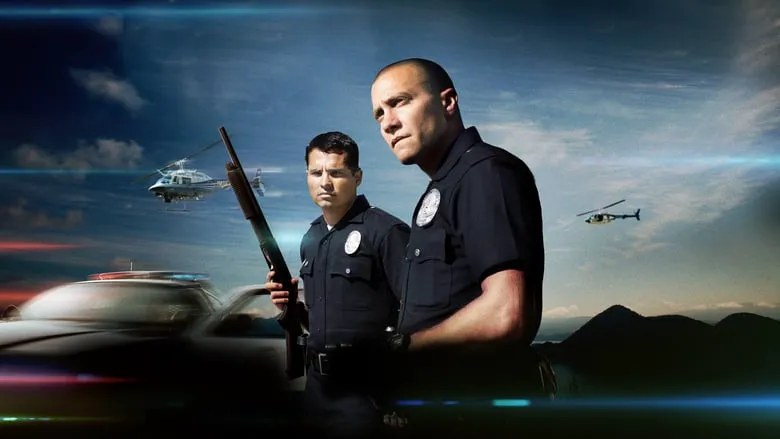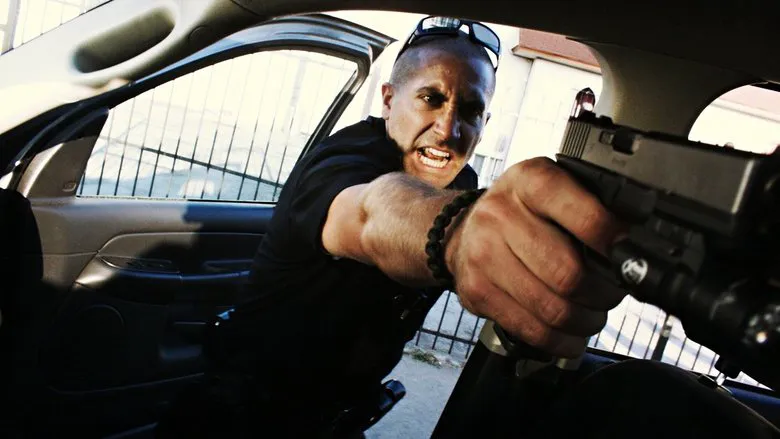End of Watch: A Glimpse into the Lives of LAPD Patrol Officers
Mike and Brian are LAPD patrol officers navigating the gritty streets of Los Angeles’ Mexican neighborhoods. Their daily beat encompasses the harsh realities of drug trafficking, prostitution, and even child exploitation. Mike, a Latino officer, brings his intimate knowledge of the community, while Brian, a former Marine, contributes his tactical expertise. Each man has a personal life and love to protect, constantly aware that a stray bullet could end it all.

David Ayer, the screenwriter behind “Training Day,” seems determined to chronicle the lives within Los Angeles’ “colored” neighborhoods. Over a decade after his breakthrough work, he revisits similar themes in “End of Watch.” The film is a challenging blend of constant activity and subtle character development. The protagonists harbor modest ambitions: to serve the community, uphold the law, and find love. The film portrays not just the “daily grind” of law enforcement, but a slice-of-life perspective on dedicated officers. However, one might question why viewers should invest two hours in their story, especially when we wouldn’t typically seek out a traffic cop for a weekend confessional.

Gyllenhaal’s Familiar Role and Ayer’s Future Projects
Jake Gyllenhaal takes on the role of a former military man for the third time in recent years, following “Jarhead,” “Brothers,” and “Source Code.”
Surprisingly, David Ayer’s upcoming project isn’t another gang film set in Los Angeles. Instead, he’s planning a remake of the classic “Commando,” with Sam Worthington slated for the lead role.
The Flaws in the Found-Footage Approach
The film’s appeal hinges on the performances of its lead actors. Gyllenhaal embodies the Marine persona, sporting a shaved head and intense gaze. However, the film’s attempt at realism falters due to its inconsistent use of the found-footage style. While Gyllenhaal’s character uses a camera, the shaky, handheld shots persist even when the camera is supposedly off. This raises questions about the unseen filmmakers constantly shadowing the officers and their motivations.
Ultimately, the film’s realism morphs into a reality-show-esque portrayal of cops. Even if one accepts this concept, the fact that the rules of this narrative device remain unclear to the audience becomes frustrating.